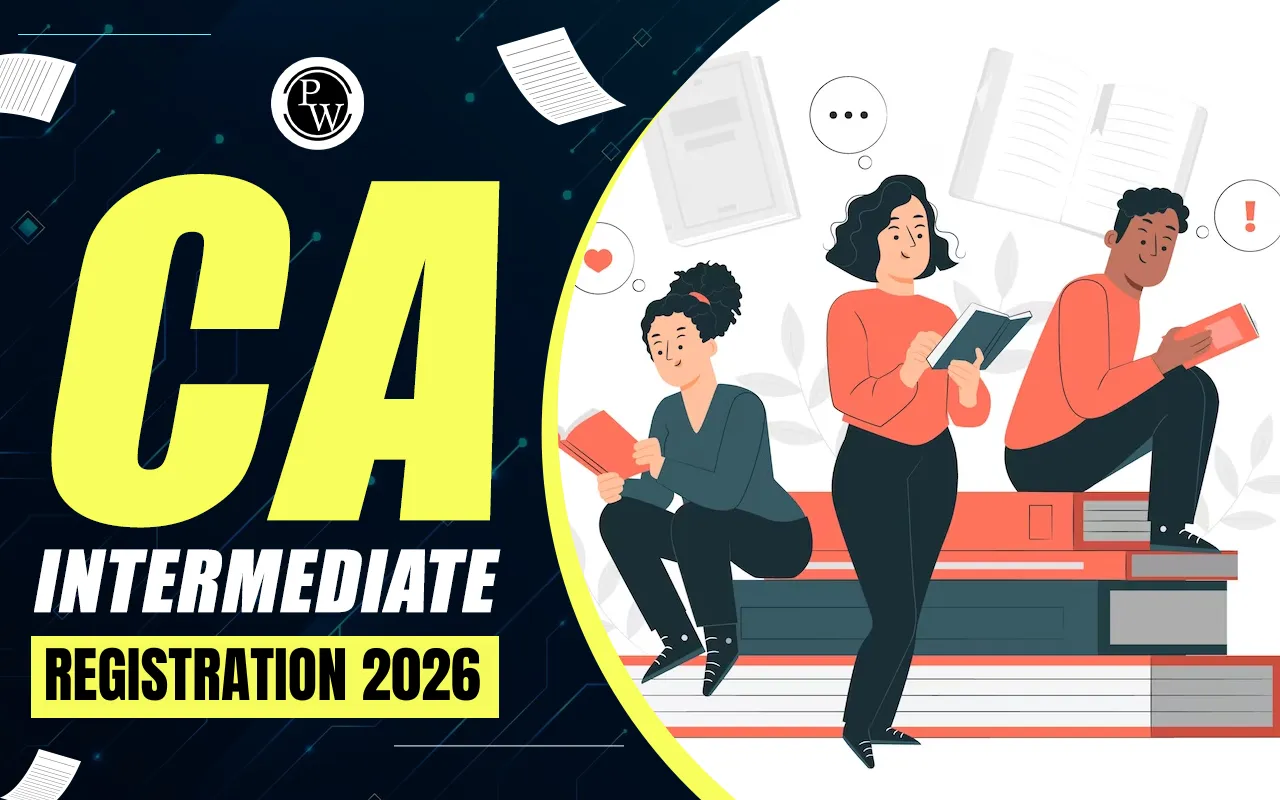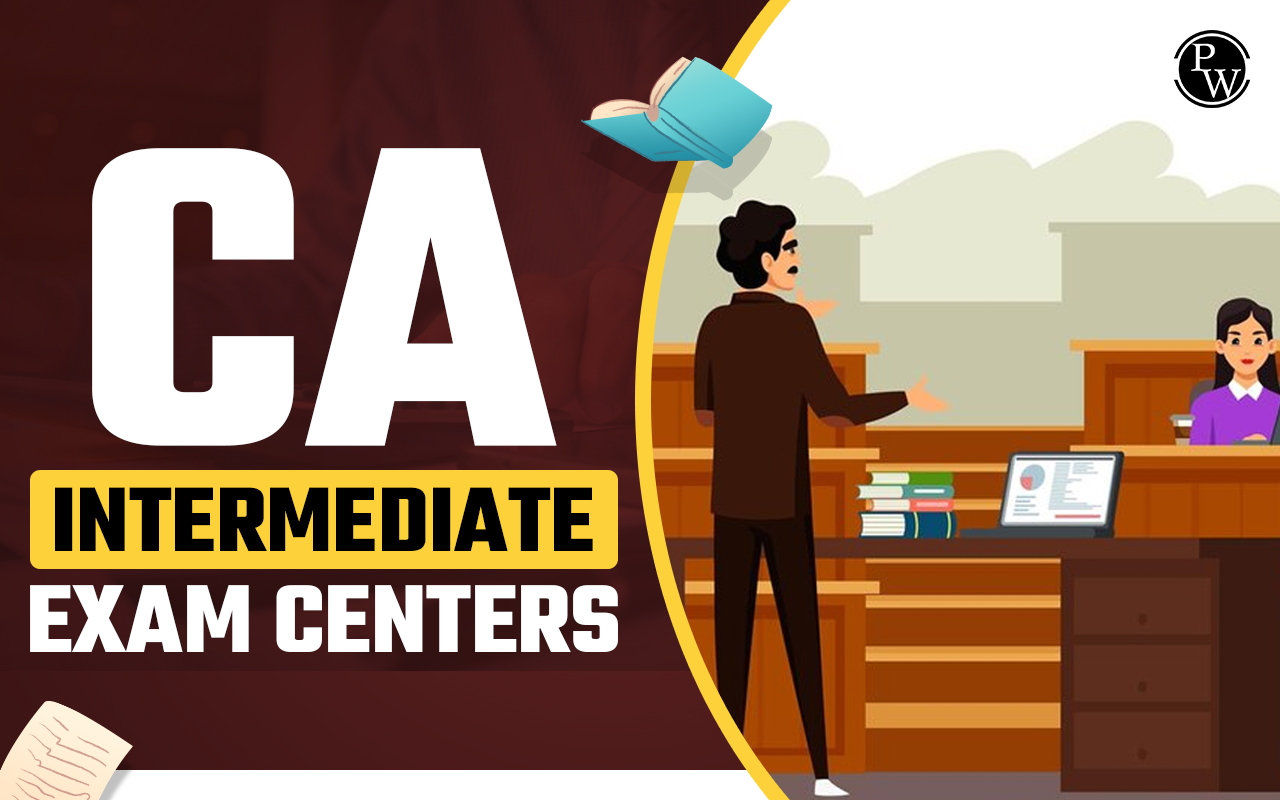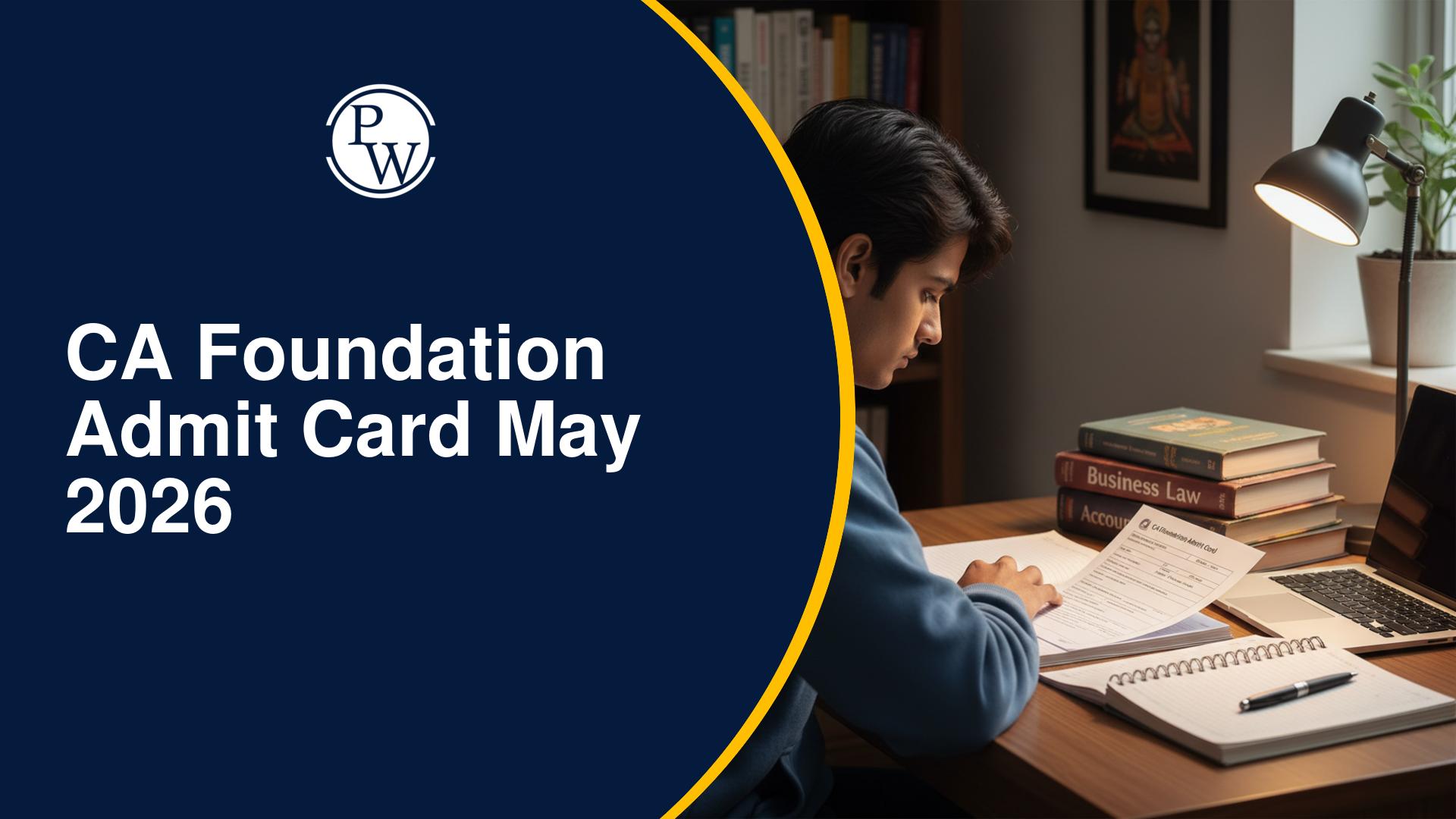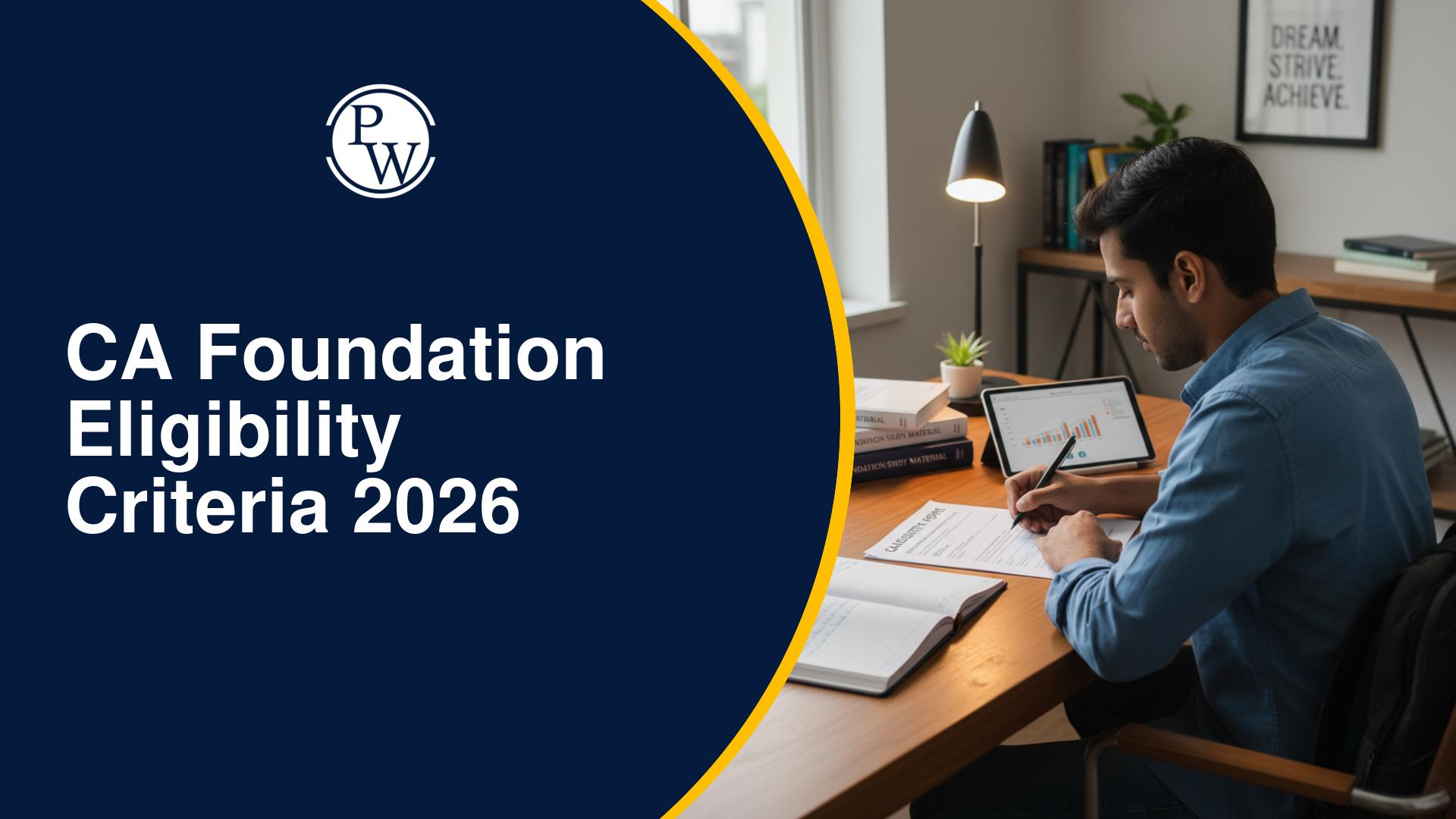
Time Management Strategies: Preparing for CA exams demands dedication, discipline, and strategic planning. All three levels of CA qualification, Foundation, Intermediate, and Final, are difficult and often test a student’s resilience and focus. Amid the academic pressure and extensive CA syllabus, the ability to manage time efficiently stands out as a crucial aspect. Not only does it enable students to stay on track with their studies, but it also cultivates habits essential for a high-performance career in finance and accounting.
To effectively navigate through CA exam preparation, effective time management strategies play a crucial role. From organising study routines during the preparation months to optimising every minute during exam season, a structured approach can help aspirants avoid confusion and stress. Therefore, CA aspirants must understand practical time management techniques and apply them to streamline their studies and thrive under pressure.
Time Management Strategies for CA Preparation
Effective time management during the CA preparation enables candidates to cover all the topics thoroughly, solve practice papers, take mock tests, analyse performance, and identify weak areas. All these aspects play a crucial role in ensuring consistent progress and reducing last-minute stress.
Here are the recommended time management strategies candidates should follow to streamline their CA exam preparation:
Create Effective Study Schedule
A strategic approach begins with setting clear priorities and designing a well-structured study plan. Students should start by mapping out their daily routines into focused and goal-driven sessions. When creating the study schedule, candidates must consider using digital tools like calendars or physical planners to track their progress.
It is recommended to dedicate more time to subjects that students find challenging while maintaining a steady focus on others. Breaking the syllabus into smaller sections and assigning weekly or monthly milestones can keep the workload manageable.
Candidates should also apply the 80/20 rule to optimise their study sessions. This rule requires them to concentrate the majority of their energy on areas that have a high likelihood of appearing in exams, and devote the remaining time to low weightage topics. Following the 80/20 rule allows candidates to make the most of their preparation by focusing on important topics.
Prioritise Subjects and Topics
The CA syllabus covers a wide range of subjects and topics. However, all the topics don’t demand equal time. Some may require more focus based on a student's comfort level and understanding. Knowing where to give maximum attention can make a significant difference in the preparation.
To prioritise subjects and topics, candidates must begin by determining the areas that are easily understandable to students and marking the ones that seem challenging. Further, students should dedicate more time to covering challenging topics instead of spending more time on the easier ones. While following this approach, it is essential to keep revising the topics that are convenient to reinforce knowledge.
To effectively determine the easy and difficult topics, candidates must analyse their test performance or seek guidance from their CA coaching mentors. Strategically streamlining the preparation based on both self-assessment and expert input is essential for effective time management.
Set Clear and Actionable Goals
Establishing well-defined goals is a crucial part of staying on track during CA exam preparation. Therefore, instead of randomly picking topics or taking tests, candidates should structure their preparation by defining short-term goals. This is a crucial way to maintain focus, accountability, and motivation over time.
Candidates should think of each goal as a stepping stone that enables candidates to achieve their final target of clearing the exams. The most effective way to do this is by setting goals that are realistic, clearly outlined, and time-bound. Additionally, they should set daily and weekly targets that align with the overall schedule. This could mean completing specific chapters or assignments within a set timeframe. This kind of structured goal-setting keeps the preparation purposeful and on track.
Boost Productivity with Pomodoro Method
To maintain concentration and avoid mental exhaustion during long study hours, CA aspirants should follow the Pomodoro Technique. This time-management approach revolves around working in short, focused study sessions followed by brief breaks to refresh the mind.
In the Pomodoro method, students typically have 25 minutes of deep study followed by a brief 5-minute break. After completing four such cycles, students can take a longer break of 15 to 30 minutes to refresh themselves and start with another session with concentration. This structured process not only improves their ability to stay attentive but also helps sustain energy levels throughout the day. The intentional pauses between study sessions allow student’s brains to rest, reducing the likelihood of fatigue and keeping them mentally fresh.
Take Mock Tests
One of the most effective ways to prepare for the CA exams is by regularly taking mock tests that mirror actual exam conditions. Creating a realistic test environment with strict time limits and minimal distractions trains candidates to handle pressure and manage time more effectively during the actual exam. These practice sessions help students to develop a better understanding of time management during the exam.
After each mock test, candidates should thoroughly analyse their results. Identify the type of questions that consume more time and find the mistakes they should avoid. This reflection allows them to fine-tune their test taking strategies, prioritise revision accordingly, and boost confidence.
Retain Knowledge Through Consistent Revision
Strengthening memorisation and reinforcement of topics requires regular revision. Revisiting topics consistently strengthens one’s grasp of key concepts and minimises the need for stressful last-minute studying. Instead of covering the entire syllabus a day before the exam, students should incorporate short review sessions into their weekly schedule to reinforce previous lessons and maintain continuity.
To make these revision sessions more effective, candidates should create concise summary notes or flashcards that highlight important points. These quick-reference tools save time and make it easier to refresh their memory without going through entire chapters again. Building a habit of regular review lays a strong foundation to support long-term retention and better performance during exams.
Time Management Strategies During Exam
Besides preparation, CA candidates must efficiently manage time during the actual exam to score good marks. While months of studying lay the groundwork, the ability to execute well on exam day is what ultimately determines success. Staying calm, organised, and focused during the exam is critical to ensure students make the most of every minute. Here’s how to approach this exam and make the most of every minute during the exam:
Time Management Before Exam
Plan out everything on the examday, including arranging essential documents, stationeries, and other materials in advance. Prioritise sleep the night before as a well-rested mind is essential to perform better under pressure. Remain calm and aim to reach the exam centre well before the scheduled exam time to conveniently complete the security checks.
Time Management During Exam
Once the exam begins, students start by answering the questions they are most comfortable with to gain early momentum and boost confidence. Avoid getting stuck on a single difficult question, as it may lead to stress and time wastage. To attempt all the questions, students should assign time blocks to each question based on marks, such as 20 minutes for a 10-mark question, and so on.
During the initial 15-minute reading window it is recommended to scan through the paper, identify the questions that seem easiest, and mentally map out the approach to solve them. This preview can be helpful in staying composed and avoiding panic. Maintaining a balance between speed and accuracy is also crucial to attempt all questions in CA exams.
|
Also Read |
|
Time Management Strategies FAQs
How many hours should a CA student study per day?
What is the 7 8 9 rule for time management?
How to manage time as a CA student?
Is 4 hours of sleep enough for a CA student?










